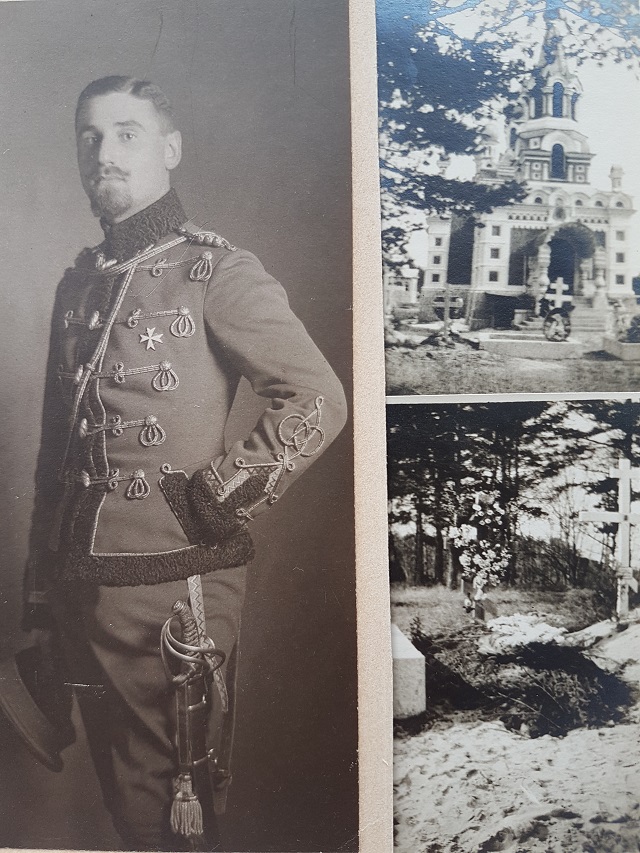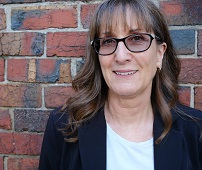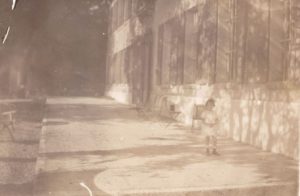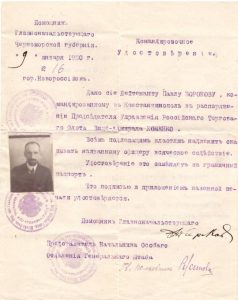Fear lurked in the background of my childhood. It was never named when I was a child but, as I grew older, I learnt its name was Communism. Both sides of my family feared Communists and especially Bolsheviks, with good reason. In her book, Upheaval, my grandmother wrote of traumatic events as a result of the violence perpetuated by the Bolsheviks. Some of these events she witnessed herself, some were told to her. One such event was the untimely and violent murder of her brother, my great uncle, Count Vladimir Konstantinovich Kleinmichel.
Dima, as he was known to his family and friends, was educated in the Page Corps, a military academy for the sons of nobility, and then served in the regiment of the Life Guards of Hussars of His Majesty, Nicholas II. The Life Guard Hussars were elite, a light cavalry unit, who were known for their speed, bravery and sometimes rashness.
My grandmother loved her brother, describing him as shy, handsome and extremely intelligent. In 1917 he was injured in the leg. As a result of this he was stationed at the Luga garrison. In March of the same year his sister Ella visited him for several days. That month Luga had seen Socialist Revolutionaries seize power with outbreaks of violence and lawlessness becoming the norm.
My grandmother continues the story:
“On the night of March the fourteenth (old calendar), a group of soldiers looking sombre and determined tramped up to his (Dima’s) house and rang the bell. They told my brother that a large number of men had assembled near the officer’s mess and were waiting to talk to him.
Maybe he felt that he was not going to see Ella again, for as he was leaving, Dima took her in his arms and kissed her tenderly though he promised to be back soon.
She watched him descend the several steps and limp along the street painfully dragging his injured leg, the soldiers surrounding him in ominous silence; with a sinking heart she saw them disappear in the darkness. For a while she could still hear the heavy beat of the boots on the snow.”
Dima never returned. He and two of his fellow soldiers, Lieutenant General Mengden and Colonel Egerstrom, were arrested by rebel soldiers. Although my grandmother believed her brother was spared a hideous death, I found a website http://regiment.ru/Lib/A/4/3.htm with an eyewitness account of the murders:
“The doors of the punishment cell were hacked open and a brutal crowd of soldiers rushed at the arrested. Mengden was immediately killed by a blow to the head with a butt, and Egerstrom and Kleinmichel were lifted up with bayonets and then finished off with butts.”
My great uncle is buried at the Vrevsky cemetery in Luga, next to the two soldiers who were killed with him. The photo above shows Dima, the church at the cemetery and his grave. When my grandmother visited the grave, shortly after Dima’s murder, there was nothing to mark it as his final resting place. But she found a tiny bunch of wildflowers, left there by village children who her brother had befriended.





This Post Has 2 Comments
Amazing history as always. What a brutal time
It was definitely a brutal time and the trauma was not forgotten.